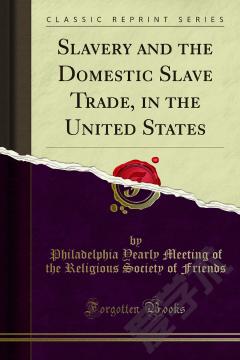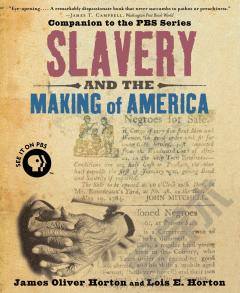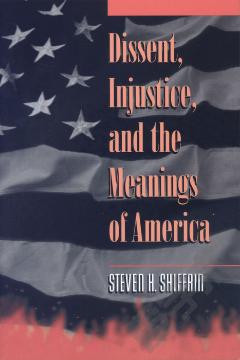Slavery in the United States —— Its Evils, Alleviations, and Remedies
-----
The first Of August, 1838, is memorable throughout the world, as the day on which eight hundred thousand human beings in the British West Indies had the shackles of the slave struck from their limbs and were restored to their rights as men. It was a great day for mankind, one Of those historical days which measure the progress Of the human race. And yet the West Indian slaves, instead Of being liberated by their masters, owed their freedom to the votes Of a Parliament which held its sittings three thousand miles across the ocean, and in which the masters were not represented. England generously contributed as a partial compensation for the slaves, which burden fell, in the shape Of an increase to the public debt, on a large and rich nation; but a far larger pecuniary loss, as such property is reckoned, fell upon the slaveholder. Far be it from us to detract from the merits Of this great event, whose nobleness lights up the dark track Of history, and must be an inspiring example to all times. The world cannot afford to forget it. But let us remember that, if the emanei patiou Of the slaves in the West Indies, by an act Of the British Par liament, was a triumph Of the philanthropy of England, similar acts of emancipation by the legislatures of the northern States, years before, and the liberation by their immediate owners of so many slaves at the South, are not less decided proofs Of the philanthropy of America. Under the circumstances, the existence Of more than free blacks in the United States, who owe their freedom to the free choice Of those who were the immediate owners of themselves or their fathers.
{{comment.content}}








 京公网安备 11010802027623号
京公网安备 11010802027623号